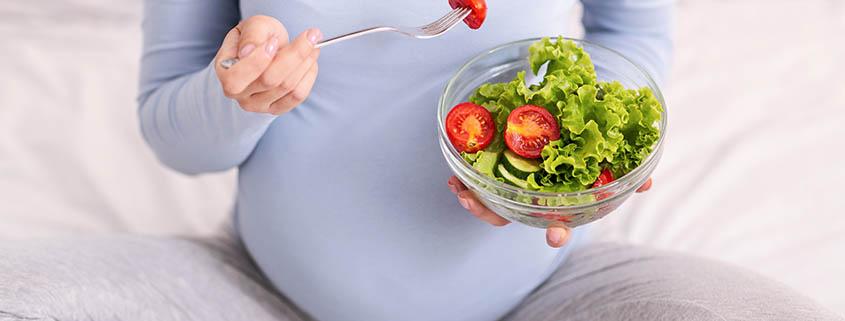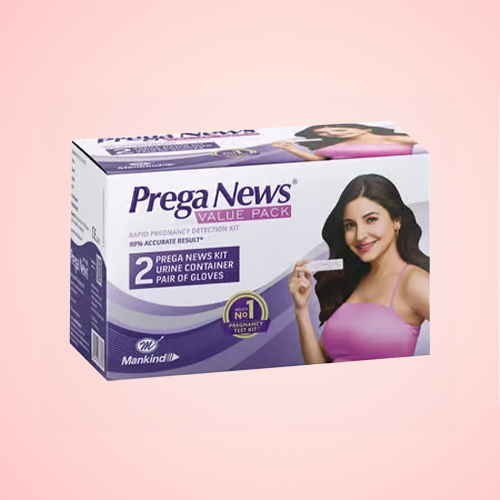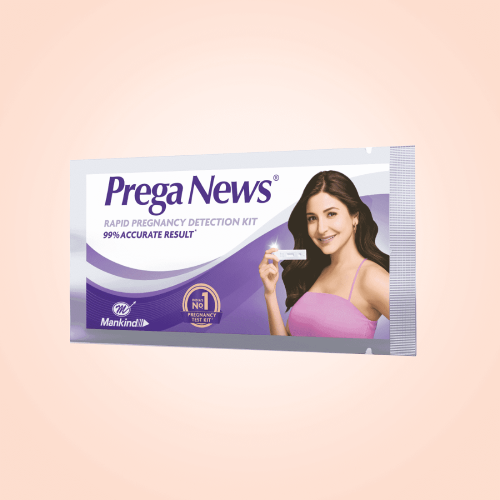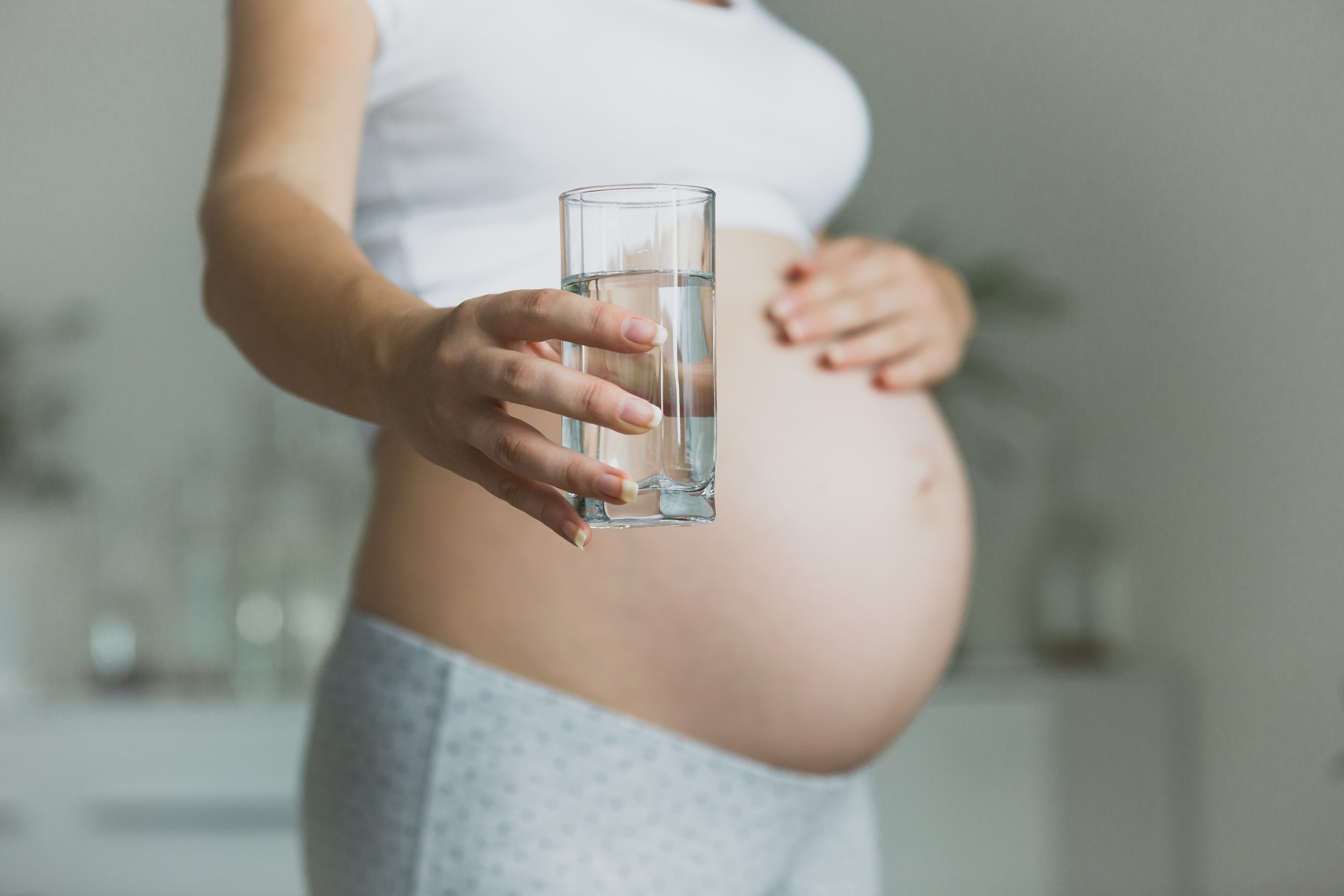What to Eat During Pregnancy
Whether you are experiencing ovulation symptoms, planning your pregnancy or already pregnant, eating right and eating healthy is always the best way forward. Having the right diet not only increases your chances of conception, but also ensures a healthy pregnancy after. Moreover, it also helps maintain your hormone levels and the ideal weight, which ensure your overall well-being and later on the well-being of your foetus. And if you eat right, exercise and have a fertility window, it won’t take long before you see those two pink lines on a pregnancy test kit. In fact, if you have been following all the tips, keeping a home pregnancy test kit will be really helpful and you can always find help on how to use a pregnancy test kit, which is very easy.
So if you’re looking for what to eat during pregnancy, this is just the thing for you. Healthy eating during pregnancy not only ensures the proper growth of your baby by providing the right nutrients, but can also help maintain hormone balance and help you tackle things like nausea. The right pregnancy diet should include a bit of everything and all food groups.
A general rule of thumb, would be that food for pregnant women need not be vastly different from what we eat every day, barring foods containing unhealthy fats, salt and sugar. In fact, experts recommend not changing a diet too much just because you’re pregnant. This means, one should not take up a completely different diet during pregnancy like becoming vegan or suddenly eating meat. Food you grew up eating is a good way to start focusing on how to eat right during pregnancy. If you grew up eating more millet and vegetables, you can customize your diet as per the same, so on and so forth.
Food for Pregnant Women
The proper diet for pregnant women includes nutrient-rich foods that help keep the mother and baby healthy. Now, let’s look at the individual groups of foods that constitute a healthy diet. Broadly speaking, one should aim to include the following in their pregnancy diet:
- Vegetables & legumes
- Grains, pulses & cereals
- Dairy products
- Fresh fruits
- Protein rich foods
- Staying hydrated
Vegetables & Legumes
Fresh leafy vegetables and legumes can be consumed in many forms and are really good for expectant mothers. Apart from being extremely delicious, these also provide vitamins and minerals which are essential for baby’s growth. These are also fiber-rich food and help prevent constipation, which is a common occurrence during pregnancy. From salads to curries – there’s a lot you can make with these staples.
Grains, Pulses & Cereals
These provide carbohydrates which keep you full and help prevent binging on junk. Try to consume them in whole-meal form rather than processed. Additionally, they are also good sources of iron, vitamins, zinc, magnesium and more, all of which add to baby’s development in the womb. These starchy foods also have plenty of fiber, which aids digestion, thus preventing heartburn etc.
Dairy Products
Unless you are lactose intolerant, you can include dairy products like yoghurt, milk and cheese in your diet. These are rich in calcium and other nutrients that are needed by your baby. However, make sure to read the nutrition value or ingredients on the label before buying the products. Also, avoid any new kinds of dairy products to prevent indigestion or allergies.v
Fresh Fruits
Fresh fruits are good for almost everybody and pregnant women are no exception. Rich source of fiber, vitamins and minerals, fruits can be consumed in salads or even as a snack.
Protein Rich Foods
Lean meat like poultry and fish are good sources of protein and extremely important for the pregnancy diet. Barring liver and mercury-rich fish, these can be consumed safely during pregnancy. You can also enjoy lightly grilled fish or chicken as a whole meal. For other sources of protein, you can use tofu, pulses, beans and nuts.v
Staying Hydrated
Last but not the least, staying hydrated is extremely important during pregnancy. From water to fruit juices – you can choose the choice of your drink to stay hydrated.
Key Takeaway
Eating healthy is made simple with these tips and is easy with a bit of mindful eating. Consult your doctor if you have any questions on your diet or if any foods affect you adversely. It’s best not to try new diets or food groups, unless specifically suggested by experts. This is to prevent allergies and adverse reactions. In fact, as you get closer to your delivery date, which can easily be calculated with a due date calculator, you can even consult your doctor on foods to eat that can help make the delivery easier.
Frequently Asked Questions
- What is the best food to eat during pregnancy?
Vitamins and mineral rich groups like vegetables, fruits, carbohydrates etc. are good for pregnancy diet – these can include leafy vegetables, watermelons, rice, sweet potato, chicken or tofu etc. Any food which is rich in fiber, vitamins and other nutrients is considered good for a pregnancy diet. It is important to mix food groups to get every nutrient. - Which fruits should be avoided during pregnancy?
Papaya, pineapple and grapes are usually best avoided during pregnancy as they can cause various things like heating up the body, premature contractions etc. - Is rice good for pregnancy?
Yes, rice is safe and healthy for pregnancy when taken in moderation and often essential for getting the right nutrients. - Is it OK to eat pizza while pregnant?
Yes. If you are eating a pizza, choosing the right toppings can prove to be good for you. Also, choosing a whole wheat crust or a veggie crust can provide additional nutrients. - Can I eat spicy food while pregnant?
Yes. It is safe to consume spicy food during pregnancy but if you’re suffering from indigestion or heartburn, spicier food can aggravate the situation.
Disclaimer:This blog solely intended for the educational/informational/awareness purposes and is not a substitute for any professional medical advice, diagnosis or treatment. Please consult your doctor/healthcare professional before acting on the information provided on the blog. Reliance on any or all information provided in the blog, is solely at your own risk and responsibility. Mankind Pharma Limited shall not be held liable, in any circumstance whatsoever.










































Leave a comment